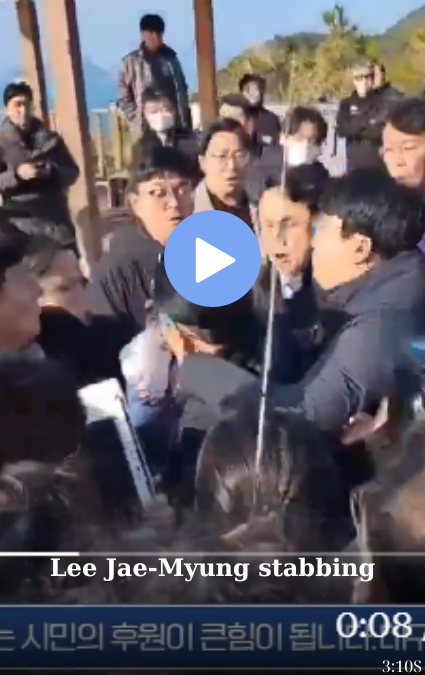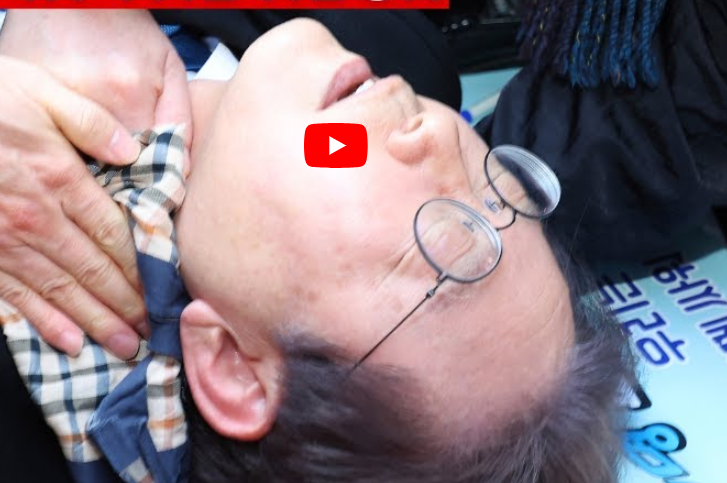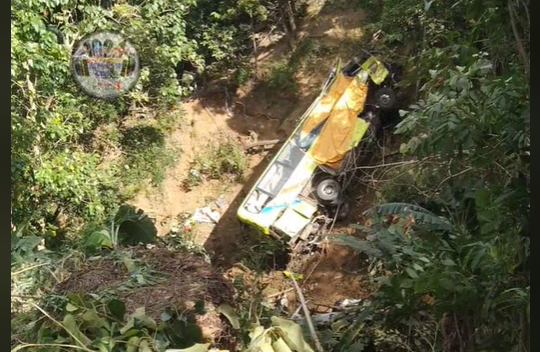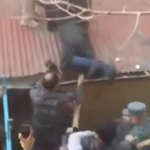In a stunning turn of events that has rattled South Korea, Lee Jae-myung, the leader of the main opposition Democratic Party, became the target of a shocking attack during a visit to Busan. The assailant, wielding a weapon, stabbed Lee in the neck, sending immediate shockwaves throughout the nation. The incident unfolded as Lee was engaging with reporters, exposing him to an unexpected act of violence that has sparked deep concern and prompted a comprehensive investigation.
This article delves into the distressing event, aiming to unravel the layers of the assassination attempt on Lee Jae-myung. From the emergency response and the medical condition of the opposition leader to the motives behind the attack and the broader political implications, we explore the intricacies surrounding this tragic incident. As South Korea grapples with the aftermath, understanding the context and implications becomes crucial in comprehending the dynamics of political violence and its impact on the nation’s political landscape.

Emergency Response and Hospitalization
Lee, aged 59, was promptly airlifted to Seoul National University Hospital after the attack. While initial reports suggested he was not in critical condition, medical staff at Pusan National University Hospital expressed concerns about potential damage to a jugular vein, which could lead to severe hemorrhage.
The attack occurred as Lee was inspecting the proposed site for a new airport in Busan. The assailant, wearing a paper crown with Lee’s name, initially approached him under the guise of seeking an autograph before carrying out the assault.

Arrest and Motives
The assailant was swiftly arrested at the scene, wearing a paper crown with Lee’s name, raising questions about his motives. As of now, he has refused to provide any information to the police about the reasons behind the attack. The assault was captured on video, adding a layer of complexity to the investigation.

Political Background
Lee Jae-myung, a former governor of Gyeonggi province, was a prominent figure in South Korean politics, having contested the presidency in 2022. Despite narrowly losing to conservative Yoon Suk-yeol, Lee’s influence in opposition politics remained significant. Yoon Suk-yeol, the current president, expressed deep concern over the attack and called for a thorough investigation.
Previous Incidents and Political Violence
South Korea has a history of political figures being targeted, even though the country maintains strict gun laws. Past incidents include the attack on Lee’s predecessor, Song Young-gil, in 2022, and a 2006 assault on Park Geun-hye, who later became president. The incidents highlight the challenges faced by high-profile political leaders and the need for enhanced security measures.

Lee Jae-myung’s Rise and Challenges
Born into a humble farming family, Lee’s political journey began when he was elected mayor of Seongnam in 2010. His rise in politics, characterized by a rags-to-riches story, faced challenges due to scandals. Lee is currently facing trial on bribery charges related to a firm suspected of transferring funds to North Korea and allegations of breaching his duties as Seongnam mayor.
Public Reaction and Political Landscape
The attack on Lee Jae-myung has ignited public discourse, with many expressing shock and condemnation of political violence. The incident also raises questions about the broader political landscape and the safety of political figures in South Korea. The response from fellow politicians, the public, and the ongoing investigation will play a crucial role in shaping the aftermath of this shocking event.














0 comments